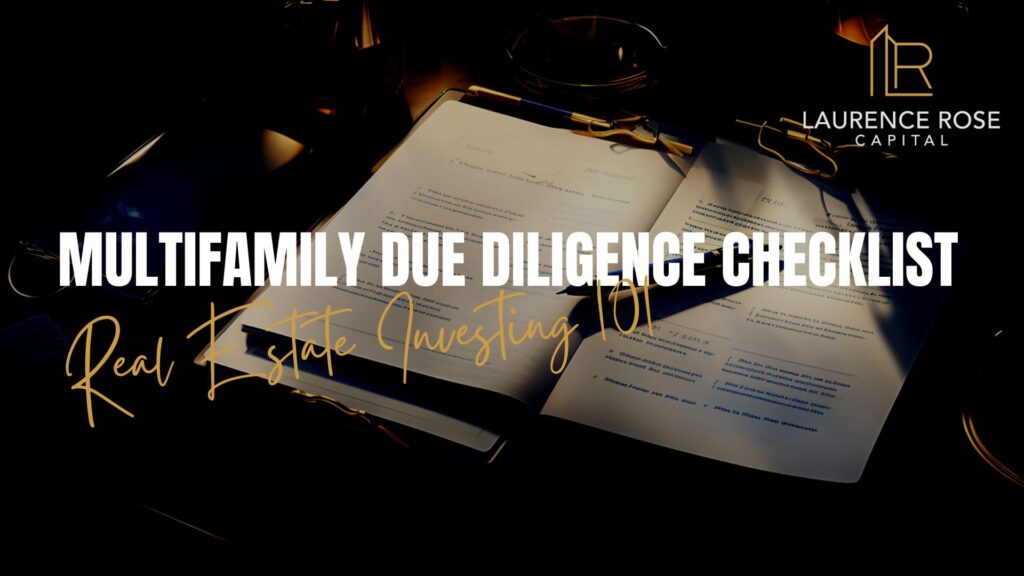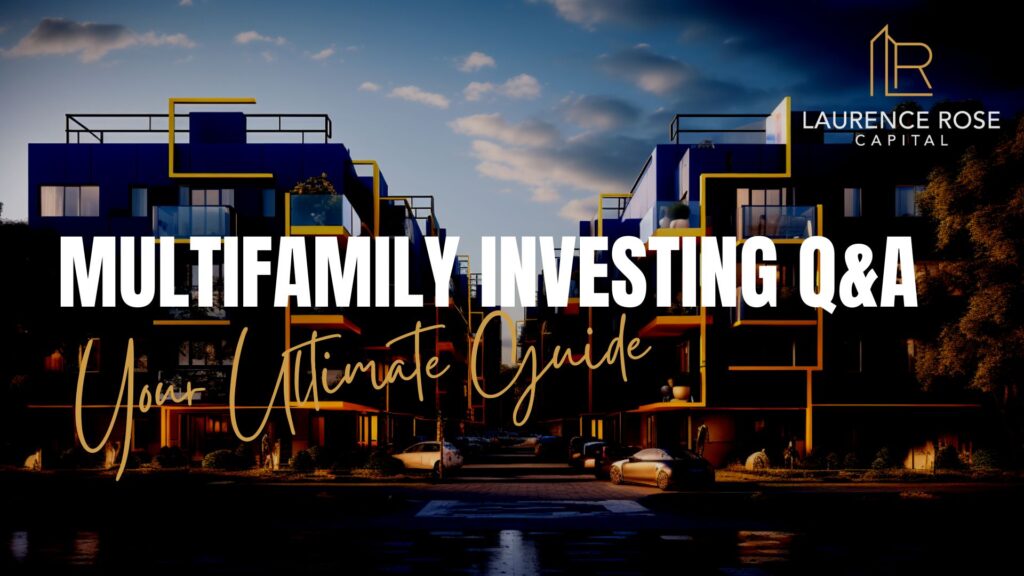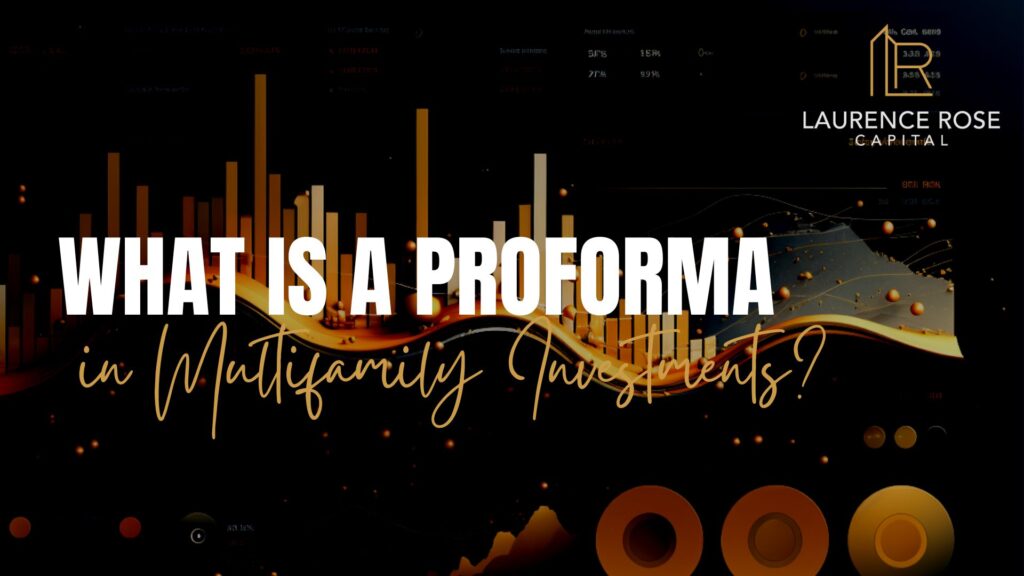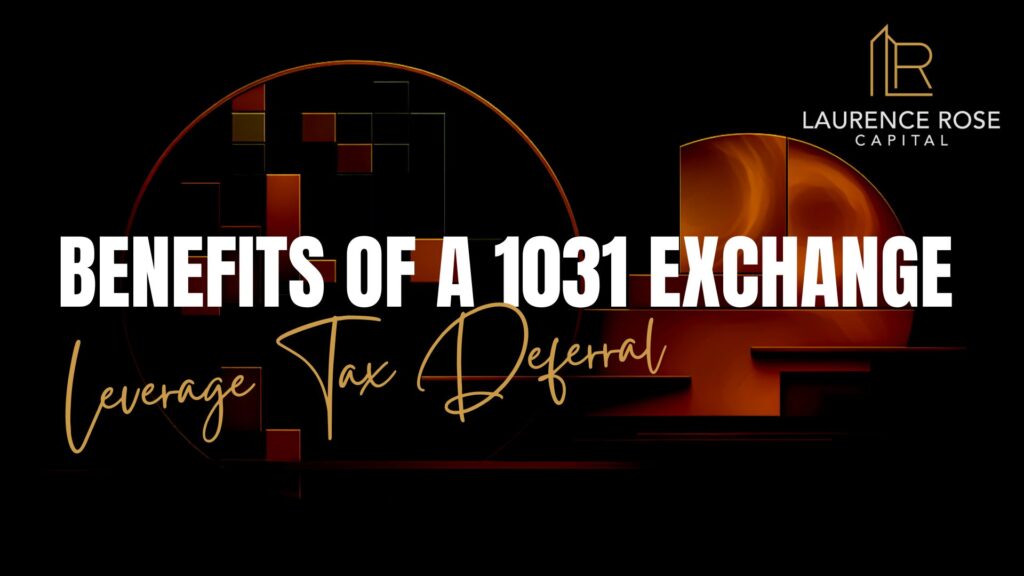Here’s the most comprehensive Multifamily Real Estate Glossary – your essential guide to the language of the thriving world of multifamily real estate. Whether you’re a seasoned investor, a property manager, a tenant, or someone stepping into this dynamic field, understanding the terminology and concepts that define multifamily real estate is paramount to making informed decisions and thriving in the industry.
- Apartment Complex: A housing development with multiple individual rental units within one or more buildings.
- Cap Rate (Capitalization Rate): A ratio used to evaluate the potential profitability of an investment property by dividing the net operating income (NOI) by its current market value.
- Cash Flow: The income generated from a multifamily property after deducting all expenses, including mortgage payments and operating costs.
- Property Management: The process of overseeing and maintaining a multifamily property, including rent collection, maintenance, and tenant relations.
- Tenant Screening: The process of evaluating potential tenants’ rental history, creditworthiness, and background to determine their suitability as renters.
- Lease Agreement: A legally binding contract outlining the terms and conditions of a rental arrangement between a landlord and tenant.
- Market Rent: The average rental rate for comparable units in a specific area.
- Rent Roll: A document that provides a summary of all current tenants, their rental rates, and lease expiration dates.
- Vacancy Rate: The percentage of unoccupied rental units in a multifamily property at a given time.
- Tenant Turnover: The rate at which tenants move in and out of rental units within a property.
- Maintenance Reserve: A fund set aside for future maintenance and repair expenses.
- Depreciation: The allocation of the cost of a property over time for tax purposes.
- Amortization: The gradual reduction of a loan principal through regular payments.
- LTV (Loan-to-Value) Ratio: The ratio of the mortgage loan amount to the property’s appraised value or purchase price.
- Cash-on-Cash Return: A measure of investment profitability that calculates the annual income generated relative to the amount of cash invested.
- Property Appreciation: The increase in a property’s value over time due to market conditions or improvements.
- Due Diligence: The process of thoroughly researching and inspecting a property before purchase.
- Mortgage Broker: A professional who connects borrowers with lenders and assists in securing mortgage loans.
- Tenant Improvements: Changes or improvements made to a rental unit at the request of a tenant.
- Rent Control: Government regulations that limit the amount by which landlords can increase rent.
- Tenant Association: An organized group of tenants within a multifamily property that advocates for their rights and interests.
- Subletting: Allowing a tenant to rent out their unit to another party, often with landlord approval.
- Property Manager: An individual or company responsible for the day-to-day operations of a multifamily property.
- Leasing Agent: A representative responsible for marketing and leasing rental units.
- HUD (U.S. Department of Housing and Urban Development): A government agency that oversees affordable housing programs and regulations.
- REIT (Real Estate Investment Trust): A company that owns, operates, or finances income-producing real estate and offers shares to investors.
- Condo Conversion: The process of converting an apartment building into individually owned condominium units.
- Non-Recourse Loan: A loan in which the borrower is not personally liable for repayment, and the lender’s only recourse is the property itself.
- Eviction: The legal process of removing a tenant from a rental property due to non-payment or violation of lease terms.
- Common Area: Shared spaces within a multifamily property, such as hallways, parking lots, and recreational areas.
- Security Deposit: A sum of money paid by a tenant to cover potential damages or unpaid rent.
- Lease Renewal: The process of extending a tenant’s lease for an additional term.
- Operating Expenses: The ongoing costs associated with running and maintaining a multifamily property.
- Pre-Leasing: The practice of securing tenants before a property’s construction or renovation is complete.
- Rent Concession: A temporary reduction in rent or other incentives offered to attract new tenants.
- ROI (Return on Investment): A measure of the profitability of an investment property expressed as a percentage of the initial investment.
- Tenant Mix: The combination of different types of tenants within a multifamily property, such as families, singles, or seniors.
- Zoning Laws: Regulations that dictate how properties can be used within specific areas, affecting property type and density.
- Tenant Insurance: Insurance that tenants purchase to protect their personal belongings and liability within a rental unit.
- Certificate of Occupancy: A government-issued document that certifies a property is safe and suitable for habitation.
- Rent Escalation Clause: A lease provision that allows for periodic rent increases based on predetermined criteria.
- Concession Agreement: A contract outlining special deals or incentives offered to tenants as part of their lease agreement.
- CAM Charges (Common Area Maintenance): Fees charged to tenants to cover the costs of maintaining common areas within a property.
- Gross Rent Multiplier (GRM): A formula used to estimate a property’s value by dividing the purchase price by the gross rental income.
- Property Inspection: A thorough examination of a property’s condition, often conducted by a professional inspector.
- Resident Retention: Strategies employed to encourage existing tenants to renew their leases.
- ROI (Renovations): The return on investment for property renovations or improvements.
- Recourse Loan: A loan in which the borrower is personally liable for repayment, and the lender can pursue the borrower’s assets in case of default.
- Master Lease: A lease agreement between the property owner and a tenant who subleases individual units to other tenants.
- Affordable Housing: Rental units that are priced below market rates to accommodate low- and moderate-income individuals and families.
- Fair Housing Act: Federal legislation that prohibits discrimination in housing based on race, color, religion, sex, disability, familial status, or national origin.
- Market Analysis: An assessment of local real estate market conditions to determine property value and rental rates.
- Conforming Loan: A mortgage loan that meets the criteria set by government-sponsored entities like Fannie Mae and Freddie Mac.
- Tenant Dispute Resolution: The process of addressing and resolving conflicts or issues between tenants.
- Utility Allocation: A system for fairly distributing utility costs among tenants based on usage.
- Turnkey Property: A property that is ready for occupancy without the need for major renovations or repairs.
- Pro Forma Income Statement: A financial projection that estimates a property’s future income and expenses.
- Subsidized Housing: Rental units with reduced rents, often funded by government subsidies or programs.
- Rent Stabilization: Regulations that limit the amount and frequency of rent increases in certain areas.
- Rent Renewal Notice: A formal notification sent to tenants well in advance of lease expiration, outlining renewal terms.
- CAM Reconciliation: The process of reconciling the actual common area maintenance costs with the estimates charged to tenants.
- Ground Lease: A lease agreement for the use of land without transferring ownership.
- Default: Failing to meet the terms of a lease or mortgage agreement, which can result in eviction or foreclosure.
- Tenant Abandonment: When a tenant leaves a rental unit without notice or without paying rent.
- Property Appraisal: An assessment of a property’s value by a licensed appraiser.
- Lead-Based Paint Disclosure: A requirement to inform tenants of the presence of lead-based paint in older properties.
- Property Tax Assessment: The value assigned to a property for tax purposes, which can affect property taxes.
- Gentrification: The process of transforming a neighborhood through investment and development, often resulting in rising property values.
- Mortgage Insurance: Insurance that lenders require when a borrower makes a down payment of less than 20% to protect against default.
- Conventional Loan: A mortgage loan not insured or guaranteed by a government agency.
- Rent Control Board: A government agency that enforces rent control regulations and resolves disputes.
- Triple Net Lease (NNN): A lease arrangement in which the tenant pays for property taxes, insurance, and maintenance costs in addition to rent.
- HUD-1 Settlement Statement: A document outlining the financial transactions of a real estate transaction, including the final costs.
- Utility Bill-Back System: A method of charging tenants for their actual utility consumption, separate from rent.
- 1031 Exchange: A tax-deferred exchange of one investment property for another, allowing capital gains taxes to be postponed.
- Property Portfolio: A collection of multiple multifamily properties owned by an individual or company.
- Tenant Background Check: A process of investigating a tenant’s criminal history, credit, and rental history.
- Rent Collection: The process of collecting rent payments from tenants, often facilitated by online platforms.
- Housing Development: A planned community or residential project consisting of multiple housing units.
- HOA (Homeowners Association): An organization responsible for managing and maintaining common areas in a condominium or planned development.
- Lease Option: A contract that gives a tenant the option to purchase the property at a specified price at the end of the lease term.
- Property Management Software: Software tools used to streamline property management tasks, including accounting and tenant communication.
- Affordability Index: A measure of housing affordability based on income and housing costs.
- Mixed-Use Property: A property that combines residential and commercial uses, often in the same building.
- Rental Market Analysis: An evaluation of market conditions to determine rental property demand and pricing.
- Mortgage Rate: The interest rate charged on a mortgage loan, influencing monthly mortgage payments.
- Net Operating Income (NOI): The income generated by a property after deducting operating expenses, excluding debt service.
- Tenant Screening Report: A comprehensive report that includes a tenant’s credit history, criminal background, and rental history.
- HOA Fees: Regular fees paid by residents to cover maintenance and common area expenses in a homeowners association.
- Property Syndication: A partnership or investment structure in which multiple investors pool their resources to purchase and manage a multifamily property.
- Vacation Rental Property: Multifamily properties rented out on a short-term basis to travelers and tourists.
- Joint Venture: A partnership between two or more parties to jointly own and operate a multifamily property.
- HUD Financing: Financing options provided by the U.S. Department of Housing and Urban Development for affordable housing projects.
- Tenant Eviction Laws: Local and state regulations that govern the process of evicting tenants.
- Deferred Maintenance: Delaying necessary repairs or maintenance of a property, which can lead to increased costs over time.
- Landlord-Tenant Laws: Legal statutes that outline the rights and responsibilities of both landlords and tenants.
- Property Assessment: A thorough evaluation of a property’s condition and value, often performed by a certified appraiser.
- Anchor Tenant: A major tenant, such as a supermarket or department store, that attracts other tenants to a shopping center or mixed-use property.
- Property Holding Period: The duration for which an investor plans to hold a multifamily property before selling it.
- Quiet Enjoyment: The right of a tenant to peacefully and undisturbedly occupy a rental unit without interference from the landlord.
This glossary provides a comprehensive reference for those involved in multifamily real estate, from investors and property managers to tenants and industry professionals. It covers a wide range of terms and concepts essential for navigating the multifamily real estate market effectively.







